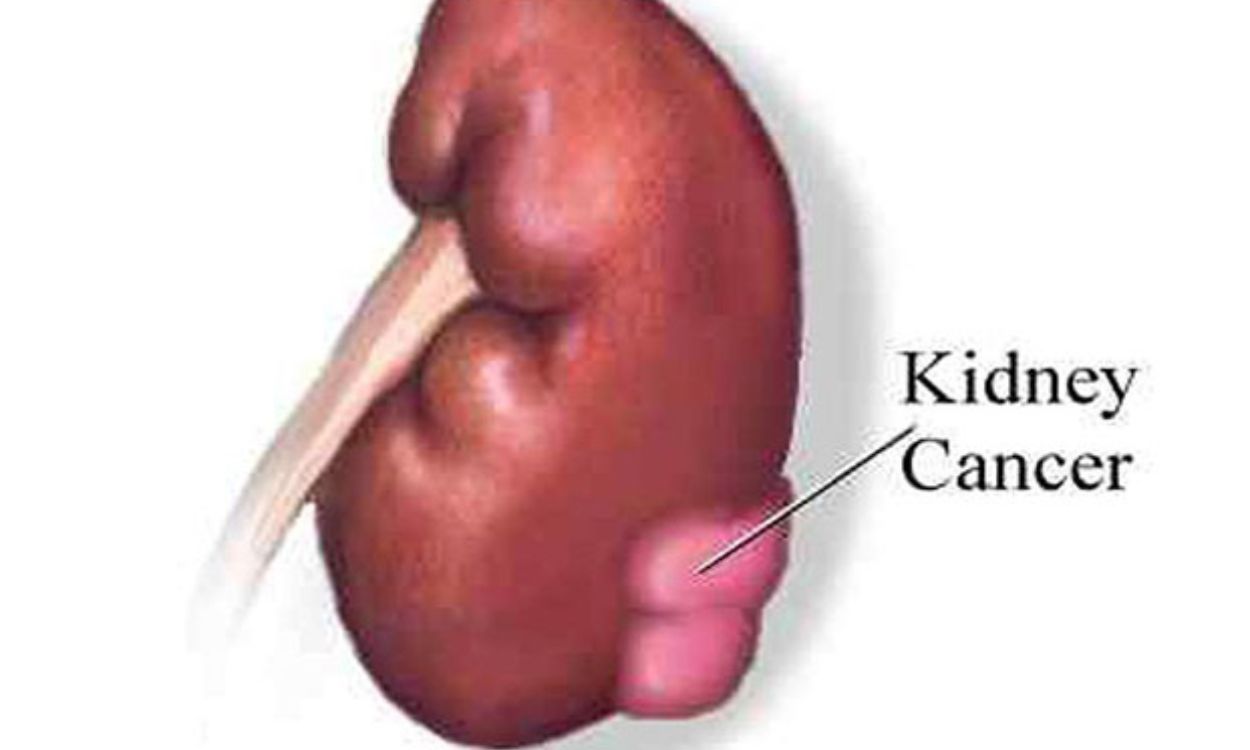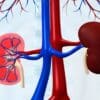Unveiling Kidney Cancer: Diagnosis and Treatment Pathways
Understanding Kidney Cancer
Kidney cancer is a serious health condition affecting a significant number of individuals globally, including a notable portion of the Indian population. Early detection and effective treatment are crucial for improving outcomes and enhancing the quality of life for those diagnosed. This blog aims to shed light on the methods used for diagnosing kidney cancer and the treatment options available.
Diagnosing Kidney Cancer
1. Initial Assessment and Symptoms
Early symptoms of kidney cancer might include blood in urine, persistent back pain, unexplained weight loss, and fatigue. If you notice these symptoms, a visit to a healthcare professional is essential.
2. Imaging Tests
– Ultrasound: Frequently used as a first-line imaging test, it helps in visualizing the kidneys and detecting abnormalities.
– CT Scan: A detailed imaging test that provides a comprehensive view of the kidney and surrounding tissues, aiding in identifying tumor size and spread.
– MRI: Useful in cases where CT scans are inconclusive or when further detail is required.
3. Biopsy
A biopsy involves taking a small sample of kidney tissue for examination under a microscope. This procedure confirms the presence of cancer cells and helps in determining the type of kidney cancer.
4. Blood Tests
Blood tests can provide additional information about kidney function and help identify markers that may suggest cancer presence.
Treating Kidney Cancer
1. Surgical Options
– Partial Nephrectomy: Removal of the cancerous part of the kidney while preserving the rest. Suitable for smaller tumors.
– Radical Nephrectomy: Complete removal of the affected kidney, often necessary for larger or more aggressive tumors.
2. Ablative Techniques
– Cryoablation: Freezing cancer cells to kill them.
– Radiofrequency Ablation: Using radio waves to heat and destroy cancer cells.
3. Targeted Therapy
These drugs specifically target cancer cell pathways, minimizing damage to normal cells. They are often used for advanced kidney cancer.
4. Immunotherapy
This treatment uses the body’s immune system to fight cancer. It is an emerging option with promising results for some kidney cancer patients.
5. Radiation Therapy
Though less common, radiation may be used to treat kidney cancer in cases where surgery isn’t an option or to relieve symptoms.
Post-Treatment Care
Regular follow-ups and lifestyle changes play a crucial role in recovery and prevention of recurrence. A balanced diet, regular exercise, and avoiding tobacco are vital components of post-treatment care.
Achieve Optimal Health with Fitpaa
Transform Your Health Journey
At Fitpaa, we are committed to helping you live a healthier, more fulfilling life. Our comprehensive health management program offers personalized solutions to improve your overall wellbeing.
Why Choose Fitpaa?
1. Personalized Health Plans: Our AI-driven technology creates tailor-made health plans based on your unique metabolism, ensuring effective and sustainable results.
2. Expert Guidance: Access to a dedicated team of nutritionists, fitness coaches, and doctors who provide continuous support and guidance.
3. Innovative Technology: With our app, you can easily track your progress, receive real-time advice, and stay motivated.
4. Guaranteed Results: We promise measurable improvements in your health, with our goal-oriented services backed by a money-back guarantee.
Download the Fitpaa App Today
Experience the transformation and take control of your health journey. Whether your goal is to manage a chronic condition like diabetes, improve your fitness, or simply enhance your quality of life, Fitpaa is here to support you every step of the way. Download the Fitpaa app now and join our mission to create a healthier, happier world.











